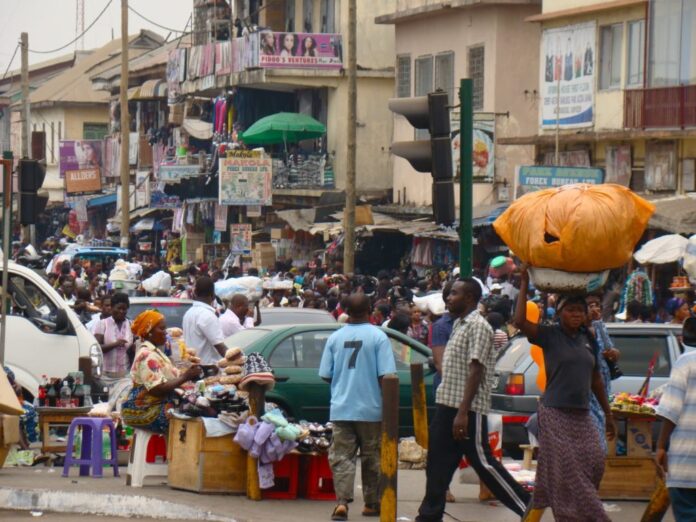The UK and Ghana have signed a trade partnership agreement that secures tariff-free trade and provides a platform for greater economic and cultural cooperation.
The deal supports a trading relationship worth £1.2bn and reinstates the terms of the economic partnership agreement between the two sides when the UK was part of the EU.
It means Ghanaian products including bananas, tinned tuna and cocoa will benefit from tariff-free access to the United Kingdom. UK exports are also in line to benefit from tariff liberalisation from 2023, including machinery, electronics and chemical products.
The agreement was signed by Secretary of State for International Trade Liz Truss and Ghana’s Acting High Commissioner to the UK, Peprah Ampratwum, at the Department for International Trade in central London.
Secretary Truss was joined on a video call by Ghana’s Minister Designate for Trade and Industry, Alan Kyerematen, to mark the signing.
International Trade Secretary Truss in a statement said: “I am delighted to be able to sign this deal with our friends and partners in Ghana. It provides certainty for businesses that provide vital jobs and livelihoods in Ghana, and it strengthens the ties between our two countries.
“We can now look forward to deepening and furthering our relationship in future, and working together to secure a broader agreement with the West Africa Region.”
Minister for International Trade Ranil Jayawardena said: “This deal secures tariff-free access for products that British shoppers love – and supports jobs in Ghana – paving the way for further economic growth as we build back better from COVID-19.
“It is further evidence of the UK’s determination to champion free trade around the world, which fosters growth, creates jobs and raises living standards for all.”
UK Minister for Africa James Duddridge said “The UK and Ghana have a strong partnership and the signing of today’s agreement marks an important moment for boosting trade, worth £1.2 billion, between our two nations.*
“With tariff-free access for Ghana to the UK, it will enable businesses to scale up their operations, support innovation in markets and create jobs as we recover together from the coronavirus pandemic, ” he said.
Ghana’s largest exports to the UK include mineral fuels and oil, preparations of fish, fruit, cocoa and cocoa preparations.
Its top imports include clothing/textiles, machinery and mechanical appliances, and chemical products from the UK.
The deal means the UK has now secured trade agreements with 65 non-EU countries, representing trade worth £217 billion in 2019.
“This accounts for 97 per cent of the value of trade with non-EU countries that we set out to secure agreements with at the start of the trade continuity programme,” he said.




